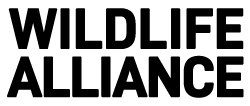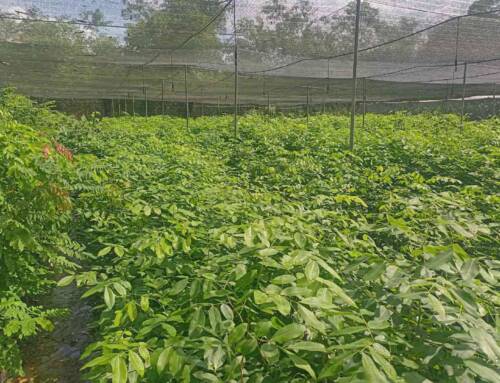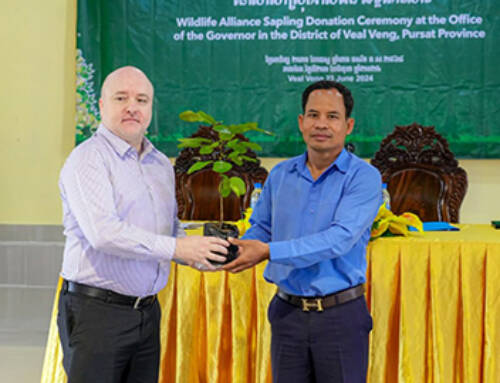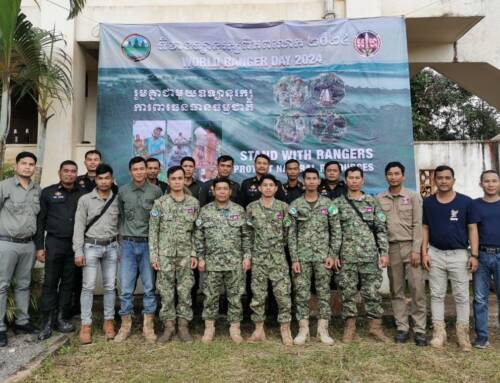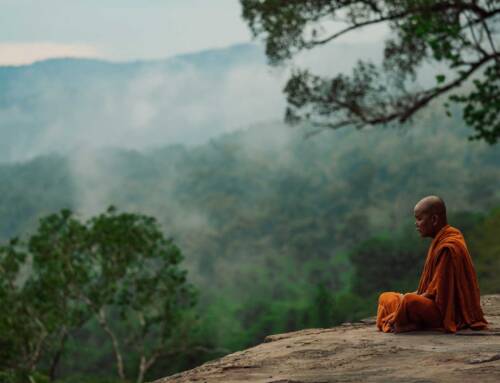As you are aware, Wildlife Alliance, with the support of our partners, has been engaging with Human Rights Watch (HRW) in relation to a report HRW has been preparing on the Southern Cardamom REDD+ Project (SCRP).
We have learnt from third parties that HRW will publish their report in the coming days, which is likely to be accompanied by a negative article in The Guardian.
We wanted to make you aware of these developments as soon as we could and share the information below.
HRW’s allegations against the Southern Cardamom REDD+ Project
HRW has not yet shared a copy of its final report with Wildlife Alliance, however, we understand many of the allegations are consistent with those outlined by HRW in a letter dated 6 November 2023.
HRW’s allegations are primarily focused on the consultation process with and land tenure situation for six villages (of 29 total across the project) composed principally of Indigenous Chorng people in the Areng Valley – the most remote area of the project.
While we respect and value HRW’s role and mission, we broadly take issue both with the bulk of HRW’s allegations (made by letter on 6 November 2023) because critical points of fact and context are excluded. Without that context, HRW’s comments present a fundamentally misleading and distorted picture of the project, especially in regard to the overwhelming support that the community has freely expressed.
Throughout the preparation of the report we have engaged in good faith, providing extensive, comprehensive, evidence-based information, pushing for transparency and clear communication to achieve an objective and comprehensive look at our work based on the full facts and context.
On the whole, we believe HRW has been engaging in good faith too and are motivated by an earnest intent to ensure that the rights of local people, particularly Indigenous people, are fully protected and enhanced by the work of SCRP. Of course we share this goal, and HRW has verbally acknowledged to us that the project is generating positive impacts and praised our commitment to continuous improvement.
Therefore, we encourage everyone to read Wildlife Alliance CEO Dr. Suwanna Gauntlett’s open letter, which addresses HRW’s concerns in full and provides this crucial context.
Notably, many of the issues raised by HRW tie back to the fact that six villages in the Chhay Areng Valley were going to be flooded by a long-planned, previously approved hydropower dam. All community members would have been forcibly displaced.
When the hydropower company started its engineering preparation in 2014, bringing on site heavy equipment, the local community boycotted the incoming trucks, and prevented them from conducting any drillings/borings. Thanks to a coalition of local communities and NGOs, including Wildlife Alliance, the dam’s construction was cancelled in 2015. Because the dam was not cancelled until this time, the Chhay Areng villages did not benefit from the early participatory land use planning (2003-2012) or land measurements that were conducted for the other villages in 2012-2016 by Order 01BB. The lengthy land delineation and community boundary delineation process had to start from scratch.
Many of the issues raised by HRW ultimately relate back to this critical piece of context, and are based centrally on its claim that community engagement meetings only began taking place in August 2017. This is factually incorrect. The timeline outlined in Wildlife Alliance’s open letter summarizes their long engagement with the six Chhay Areng villages both to start delineating their community lands and to prioritize, plan, and implement SCRP-related activities.
Community support is communicated by the local Commune Chiefs in the form of letters to the project (see two examples from Chorng communities, Russey Chrum and Chumnoab, out of 11 that have recently been received), by villagers and local government officials in interviews, and in community voting during FPIC (page 2) where over 98% of community members throughout the project indicated ongoing support for the SCRP.
The omission of these critical contextual points, as well as the facts noted above, makes HRW’s comments factually inaccurate and misleading.
There is no question that without the engagement of the Cardamom Forest Protection Program (CFPP) and the presence of the REDD+ project, the communities in the Areng Valley would be in a far worse state – a fact that is openly and widely acknowledged by the community itself, which has from the start of the project through today expressed support and consent for the project.
In our open letter, you will see Wildlife Alliance has much to be proud of in SCRP’s multi-decade track record of advancing human rights, sustainable development and forest protection in one of the most challenging operating environments in the world.
Wildlife Alliance does acknowledge there is space for improvement in this multi-decadal effort to transform the relationship between people and the forest. As part of its dedication to continuous improvement, we will deepen the project’s relationship with Indigenous Chorng community in Chhay Areng Valley. We also commit to support their efforts to complete the formalization and protection of their land rights, support their long term sustainable community development goals, and ensure that the boundaries of community and protected area lands are unambiguously understood by all.
Wildlife Alliance is taking on board HRW’s recommendations, and as a commitment to best practice shall in fact go further, taking a number of specific steps both within the Chhay Areng Valley and throughout the project. These include:
- appointing a new dedicated, full-time Conservation Communication Officer
- creating an additional open forum for airing and addressing grievances
- working with the Chorng to establish, train, and support an Indigenous Community Patrol team in the Chhay Areng Valley, modelled after the Chi Phat Community Anti-Poaching Unit that has been piloted elsewhere in SCRP
- providing formal human rights training to all Cambodian government rangers at SCRP and Wildlife Alliance staff in alignment with the UN Guiding Principles on Business and Human Rights
- developing a formal Human Rights Policy, which is being integrated into existing Code of Conduct and Standard Operating Procedures
- improving the Grievance Boxes and increased their number
- dedicating technical and financial resources, and influence, to assist the Koh Kong Provincial Administration with the land registration for Chumnoab commune in Chhay Areng.
HRW’s allegations against Wildlife Works
HRW has also attempted to accuse Wildlife Works of contributing to the human rights violations they allege have occurred through Wildlife Works Carbon’s (WWC) technical and financial support of SCRP. Wildlife Works strongly refute this publicly, and stand behind the impact that SCRP has achieved in a very complex and high threat environment.
In August 2023, as part of WWC’s renewed commitment to working with Wildlife Alliance and its wider support for Indigenous peoples and local communities, WWC appointed a Community Conservation Liaison. In collaboration with Wildlife Alliance, this WWC staff member has assisted in creating a community-engagement strategy to manage community conflicts and grievances between Ministry of Environment staff and community members.
As part of this collaboration, WWC’s Cambodian team has also been conducting extensive interviews with members of the Chorng community to document their cultural heritage, which includes Chorng settlement history, language, cultural norms, as well as former and current leadership and governance structures.
Ongoing engagement with Verra
Verra has decided to gather additional information as part of their review, which inevitably will add more time to their review.
In light of the thoroughness of the responses already provided, this decision is disheartening. We had a call with Verra last week to express our deep concern for the length of time their review has taken and press for information on the timeline to completion.
We respect that given the external pressure that Verra is under that they need to demonstrate to all stakeholders the thoroughness of their review. We assert they have done all they need to make this demonstration; however, we commit to working with Verra to provide further information so the hold can be lifted. Verra stated they would provide more details of their timeline to complete their review in the next few weeks.
